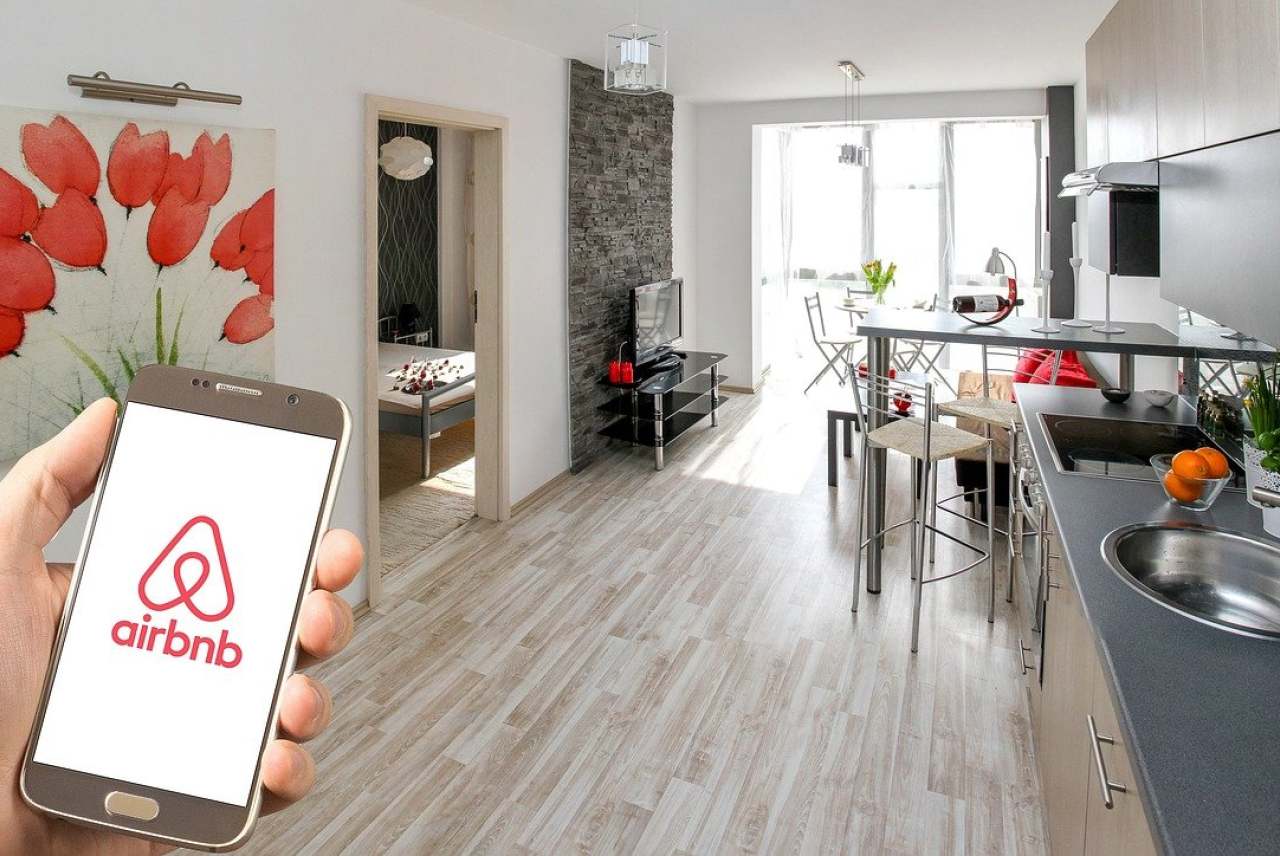A new joint investigation by Ethical Consumer and the University of Manchester, has found that ‘Home Sharing Clubs’, associations of landlords recruited by Airbnb, now exist in 400 cities globally and are having a corrosive influence on local democracy and communities.
Airbnb is using the clubs to advocate for favourable regulation (or deregulation) as part of a wider global campaign to bring about favourable conditions for short-term lettings. This benefits the professional landlords that dominate the platform, despite them being discouraged from joining the clubs to give them a more authentic grassroots feel. Professional landlords account for the majority of Airbnb's revenue and intensify housing crises, especially in certain popular neighbourhoods where longer-term residents are driven out.
The clubs, which are made up of platform users that typically rent out spare rooms, lobby local councils and build local networks on behalf of the company as part of a wider political strategy. This work often includes ringing and emailing other platform users, asking them to sign petitions, attend demonstrations or write to local elected representatives. Many of them also attend local government hearings to tell emotive personal stories of why Airbnb is important to them.
These clubs have the appearance of grassroots organisations but are in fact heavily funded by Airbnb, with their work orchestrated by PR, campaign and lobbying professionals from within the company.
The problem with Airbnb ‘Home Sharing’ clubs
Members of ‘Home Sharing Clubs’ are selected by Airbnb and are resourced, mobilised and coordinated by Airbnb public policy teams. Like more traditional lobbying and PR practices, they target public officials and public opinion. Most are established in cities where the negative impacts of Airbnb’s business model are leading to calls for stricter regulation.
The company claims that its clubs are representative of its users, but the new report says that they avoid the 59% of ‘professional landlords’ on the site.
This makes it appear that its hosts (those renting rooms or properties on the site) are mainly individuals renting out rooms in their own homes, when this actually applies to only 8% of listings (the rest being largely those of professional landlords). The report also presents evidence challenging Airbnb’s suggestions that the clubs are independent of the company and questions the attempts made by Airbnb to downplay their political function.
Successful lobbying in San Francisco
One example outlined in the report is the case of San Francisco in 2015. The city was the most expensive in North America to live in based on average rental costs. Dwindling stocks of affordable housing led to campaigners successfully collecting sufficient signatures of residents needed to launch a referendum, ‘Proposition F’, which asked citizens to vote on various measures to stiffen regulations around short-term rentals, including the limiting the number of listings where the owner is not present up to 75 nights per year.
Airbnb spent over $8m successfully opposing the bill, much of which was spent harnessing the power of local home-sharing clubs. The campaign hired consultants, researchers, social media specialists and eleven full-time political campaigners who had experience from the Obama electoral campaigns. They led a campaign to engage local users of the platform. According to the company, their team made 32,000 phone calls to the 6,500 Airbnb landlords in the city, several hundred of whom were persuaded to attend protests and court hearings, and club members claimed to have spoken to 105,000 people.
One former AirBnB employee told researchers, “I was an organiser, so my aim was to turn out people for this campaign that we were working on. We had about eight organisers. On any campaign you have people doing strategy and whatever and then people who are organisers, which are literally just going out and calling people and saying ‘Hey, will I see you Tuesday?’ ‘Hey, can you write this letter?’ ‘Hey, go and meet with this City Council person’. Something like a puppet master, I don’t know. But it’s more sincere than that."
Another said that during a different campaign, “when you have local councillors and people out there saying ‘Oh Airbnb’s terrible’, you have these hosts who become the face of campaigns and become the face of the mobilisation movement, going ‘No, I’m just Dan from Leith and I just need to make a little bit of income’, or ‘I got laid off from my job’, or ‘I have a health problem’, and you kind of tease out these people.”
Analysis of grass-roots lobbying
The new report demonstrates the scale of the issue. It analyses documents and interviews twenty-one former Airbnb public policy staff who worked across fourteen countries in North America and Europe.
The research is published by Dr Luke Yates, a Lecturer in Sociology and researcher at Manchester’s Sustainable Consumption Institute, and Ethical Consumer. Luke said:
“Corporate-sponsored grassroots lobbying is becoming common across Silicon Valley, as digital platform businesses resource, mobilise and coordinate their users to lobby authorities for their preferred forms of regulation,” said Dr Yates. “This raises questions about transparency - most politicians and institutions targeted aren’t aware of the backing these groups have from companies, and risks undermining local democratic institutions.”






